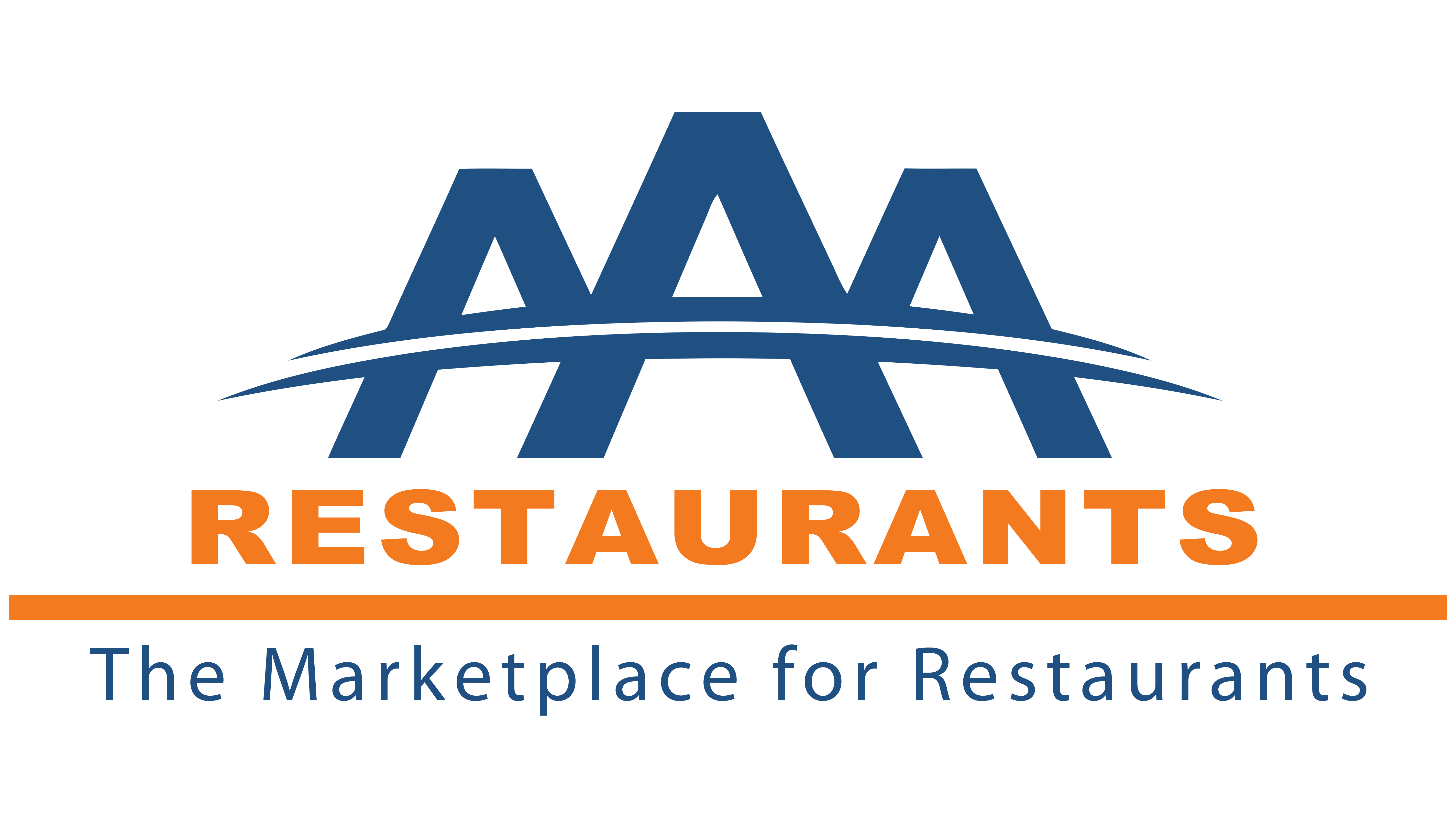
Embarking on the journey of opening your first restaurant is thrilling, yet challenging. A key decision in this process is selecting the ideal location, a choice that significantly influences your restaurant's future success. To assist in this pivotal decision, we've prepared a comprehensive guide and we strongly encourage you to explore the directory listings at AAA Restaurants, a valuable resource for identifying potential locations and understanding market trends.
The Importance of Location for New Restaurants
Location is a cornerstone for restaurant success. It influences customer foot traffic, defines your competition, and aligns with local demographics. High foot traffic areas, for instance, naturally attract more customers, reducing reliance on extensive marketing. Conversely, a hidden gem might struggle for visibility. Competition analysis helps you position your restaurant uniquely, and understanding local demographics ensures your offerings resonate with the community.
Factors to Consider When Choosing a Location
1. Assessing Foot Traffic: Visit different areas at various times to gauge foot traffic. Look for nearby attractions that draw crowds. Check AAA Restaurants for insights on high foot traffic areas.
2. Evaluating Competition: Research existing restaurants to understand their offerings and identify gaps your restaurant can fill. Use AAA Restaurants to get a comprehensive view of the competitive landscape.
3. Understanding Local Demographics: Align your concept with the area's demographic profile. Utilize data from www.aaarestaurants.com to understand local preferences and spending habits.
Urban vs. Suburban Locations
Choosing between urban and suburban locations depends on your target market and budget. Urban spots offer higher foot traffic but come with higher costs, while suburban areas might offer a more loyal customer base at a lower cost. AAA Restaurants provides detailed insights into both urban and suburban markets.
Budgeting for Rent and Other Expenses
Consider not just the rent but also additional expenses. Ensure the cost aligns with your business model for sustainable profitability. AAA Restaurants offers listings with detailed cost breakdowns to help you budget effectively.
Working with a Real Estate Agent or Consultant
For specialized guidance, consider a real estate expert. They can help you navigate the market, negotiate leases, and find locations suited to your concept. AAA Restaurants also lists reliable agents experienced in the restaurant real estate sector.
Case Studies of Successful Restaurant Locations
To gain inspiration and further insights, let's take a look at a few case studies of successful restaurant locations.
Case Study 1: The Downtown Food Hall
The Downtown Food Hall is located in the heart of a bustling city center, surrounded by office buildings, shopping centers, and tourist attractions. Its prime location ensures a steady stream of customers throughout the day, from office workers grabbing a quick lunch to tourists exploring the area. The wide variety of food options and the trendy atmosphere make it a popular destination for locals and visitors alike.
Case Study 2: The Suburban Family-friendly Diner
The Suburban Family-friendly Diner is situated in a residential neighborhood, catering to families and locals. Its convenient location near schools and parks makes it a go-to spot for families looking for a casual dining experience. The restaurant's affordable prices, welcoming ambiance, and kid-friendly menu have made it a beloved community gathering place.
These case studies highlight the importance of tailoring your concept to fit the specific needs and preferences of your target market and location.
Conclusion
Finding the right location is a critical step in your restaurant's success journey. By considering various factors and utilizing resources like AAA Restaurants, you can make a well-informed decision, setting the foundation for a thriving business. Remember, the perfect location is out there, and with the right approach, you'll find it. Happy location hunting!
The information provided on this website does not, and is not intended to, constitute legal advice. Please refer to our Terms of Use for more details.
